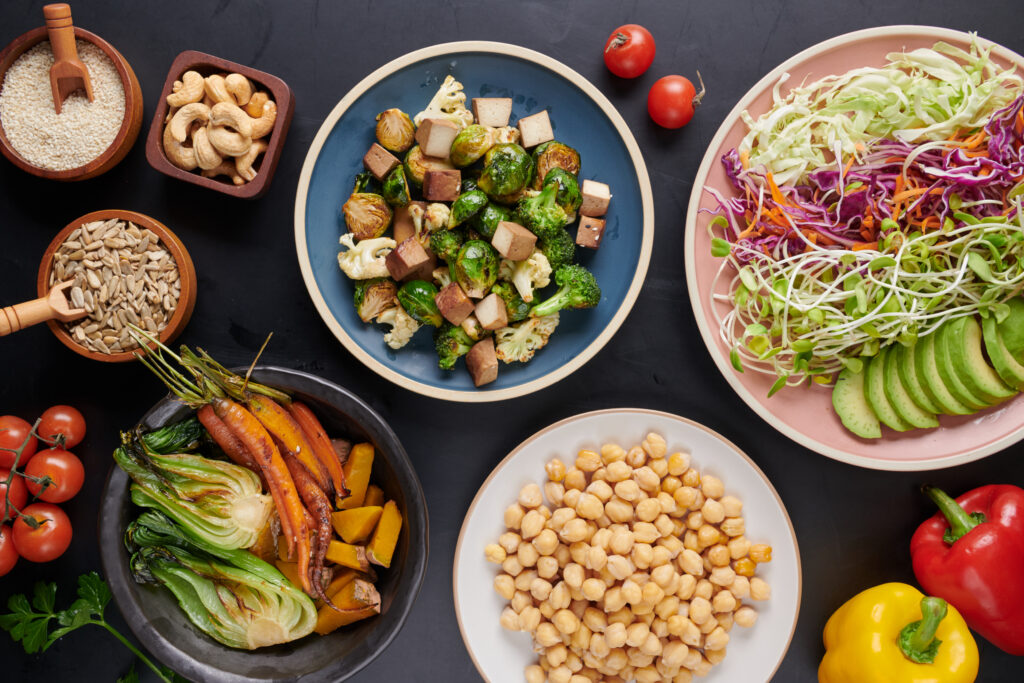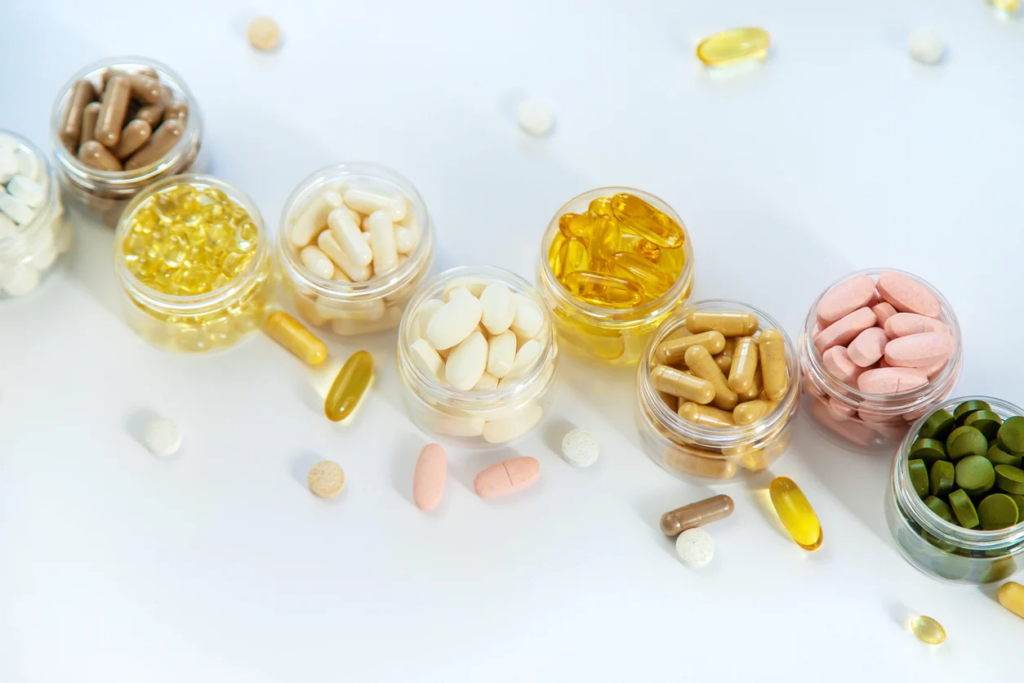Follow us on Instagram, TikTok, and WhatsApp for the latest stories and breaking news.
If you grew up with your parents reminding you to eat your fruit and veggies, you probably understand that food should be your main source of nutrients
The Malaysian Ministry of Health (MOH) agrees and their official stance is that a balanced diet is the best way to meet your daily vitamin needs.
 Image via jcomp/Freepik
Image via jcomp/Freepik
The MOH’s Recommended Nutrient Intakes (RNI) report for Malaysia sets clear daily targets for each vitamin, which most people can achieve with the right mix of produce, proteins, and grains.
Thus, for most healthy adults who eat a wide variety of food, popping a multivitamin every morning is not super necessary.
That said, there are times when supplements are genuinely beneficial.
Pregnant and breastfeeding women, the elderly, people with diagnosed deficiencies, and those with certain dietary restrictions, medical conditions, or absorption issues may need them.
For example, vegans and vegetarians can look into increasing their intake of vitamin B12, which is only found in animal foods.
And, some vitamin deficiencies are more common in Malaysia than you might think
For example, even though Malaysia is sunny year-round, Vitamin D tops the chart for deficiency rates here, partly due to sun avoidance and clothing coverage.
Vitamin D deficiency is surprisingly common, affecting up to 87% of women in some studies.
Other vitamins like B6, B12, E, and K, plus minerals such as calcium, iron, zinc, potassium, and magnesium, can also be lacking, especially among older adults.
If you’re feeling fatigued, having muscle cramps, or noticing changes in mood or skin health, it might be worth checking with a doctor before self-prescribing supplements.
 Image via diaTribe
Image via diaTribe
On the flipside, more is not always better when it comes to vitamins, and too much can be harmful
The MOH also sets safe upper limits for vitamins in supplements sold locally: vitamin C (1,000mg), vitamin D (1,000IU), and vitamin A (5,000IU).
Mega-dosing on fat-soluble vitamins (A, D, E, K) can cause toxicity over time, so resist the urge to “just take more”. Always read labels, and if in doubt, consult a healthcare professional.
When it comes to daily vitamin supplements, skipping a day probably won’t harm you
Your body stores fat-soluble vitamins (A, D, E, K) for future use, and even water-soluble vitamins like C and the B-complex won’t disappear from your system instantly.
The bigger picture lies in your overall diet — a few servings of fruits, vegetables, lean proteins, and whole grains every day will keep your nutrient levels steady.
 Image via Hera Health
Image via Hera Health
Here are some foods that you can target to get your daily vitamin supply:
- Vitamin C: Guava, papaya, citrus fruits
- Vitamin D: Sunlight, fortified milk, oily fish
- Vitamin B12: Meat, eggs, dairy
- Calcium: Milk, small dried fish (ikan bilis), tofu
- Iron and zinc: Red meat, seafood, beans, nuts
To sum things up, the need for daily vitamin supplements vary from person to person
If you’re generally healthy and eat a variety of local foods, you probably don’t need daily vitamin supplements.
But if you have dietary restrictions, certain medical conditions, or symptoms of deficiency, it’s best to get checked by a doctor or nutritionist before deciding.
In other words: makan properly first, worry about supplements later.
The information provided is for educational and communication purposes only and it should not be construed as personal medical advice. Information published in this article is not intended to replace, supplant or augment a consultation with a healthcare professional regarding the reader’s own medical care.
